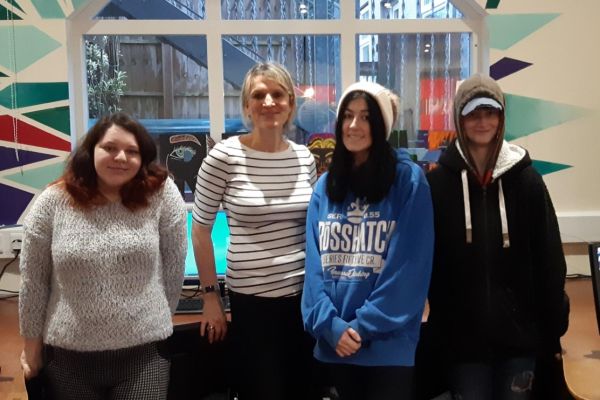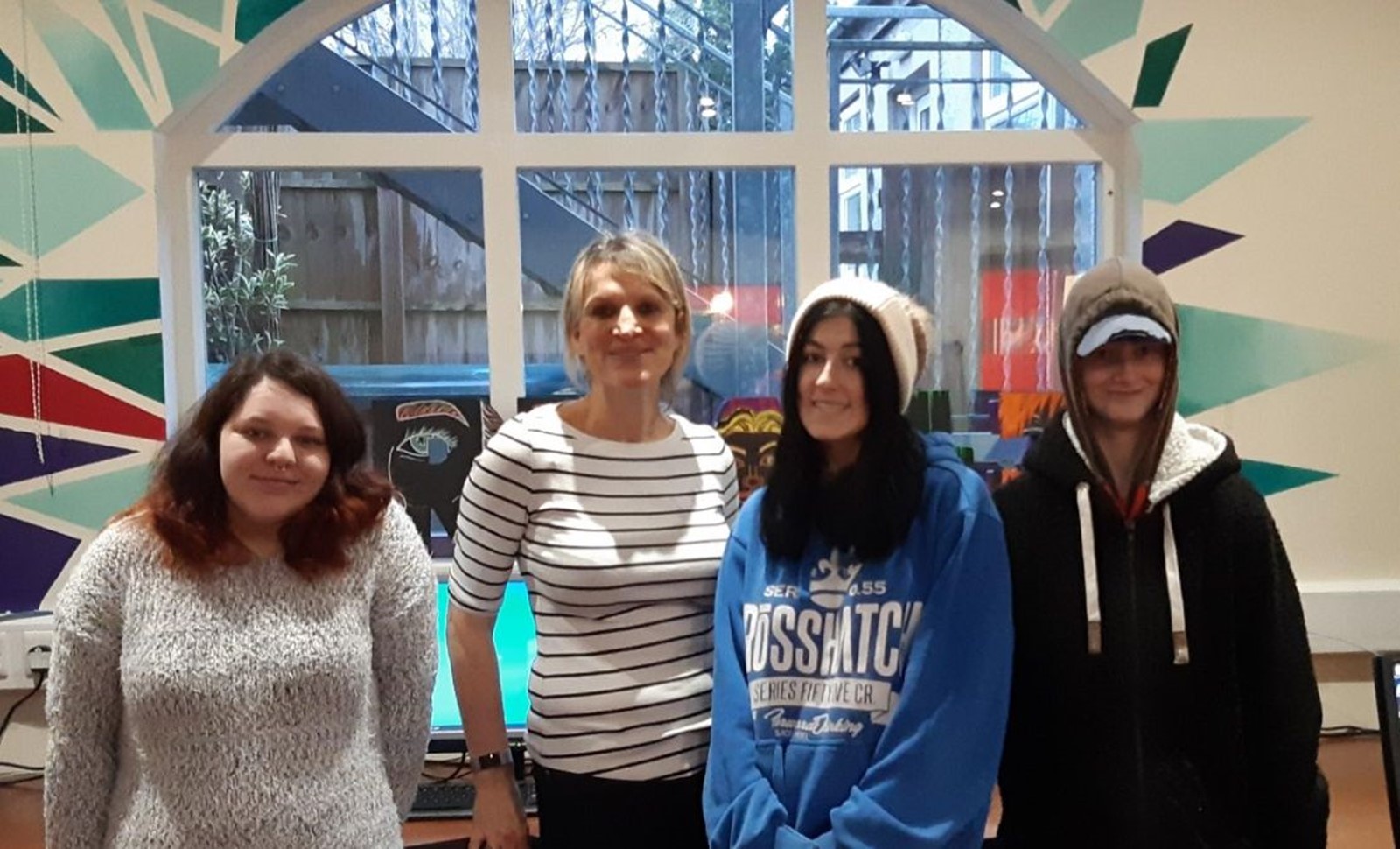BACP has a long history of working collaboratively with the Welsh government and service providers to ensure the highest standards of counselling are delivered across school, community and college settings throughout Wales.
Recently we've been involved in updating the school and community counselling toolkit and building relationships with service providers to showcase good practice.
Government-funded independent counselling services for children and young people aged 11 to 18, including pupils in year six of primary school, have been established in Wales since 2008. From September 2017 to August 2018, a record number of 11,365 children and young people received counselling services, 87% of whom did not require an onward referral after completion.
From Wales we've learned that school counsellors are well equipped to work with the ‘missing middle’ - those young people who are struggling with psychological distress where it is not always appropriate to refer them on to higher need specialist CAMHs services.
Invaluable
The provision of accessible independent counselling services is considered invaluable by all in Wales. They play an essential role in early intervention, including work around self-harm and suicidal ideation. Access to counselling is integrated into school life and is viewed very much as the whole school offer to build resilience and respond to the mental health needs of local children and young people.
The Welsh school counselling model has maintained its independence with service providers mainly contracted via the local authority and not directly employed by schools. This ensures services operate to high professional standards and within the CYP competence framework.
Related news
It helped me explore what was wrong in my mind. It wasn’t just the normal sort of thing and I always left with new knowledge.
The counselling service helped me by having somebody to talk to when feeling down, stressed out etc. After speaking to somebody I feel calmer and more focused on working.
Helped me learn breathing techniques to help panic attacks and anxiety and has given me somebody to talk to and vent to when I’m feeling distressed.
I recently visited one such service. Area 43, based in Cardigan West Wales, is a user-led youth support project working with young people up to 25. The service provides counselling within its community-based centres and is contracted to work across schools in two counties, covering a wide rural area.
Cultural shift
With stretched mental health resources and thresholds to specialist CAMHs provision becoming increasingly difficult to meet, Area 43 has demonstrated a cultural shift from the belief that CAMHs is the only option when children and young people embark upon difficult and challenging mental health journeys.
The majority of young people they see do not need onward referrals to CAMHs and their diverse and often complex needs are met by the school counsellor. Like other counsellors across Wales, they have a portfolio of training, skill sets and competences to best work with each individual young person. Young people in schools also receive support from the pastoral teams within the schools and counsellors signpost them to these services for ongoing support.
A small minority of children and young people do inevitably require more specialist support. They tend to meet the threshold with a potential referral always discussed beforehand with the local CAMHS single point of contact assessment (screening) team.
It put things that have been rattling around in my head into perspective. The counsellor has helped me tremendously.
Helped give me some confidence in seeing people out of school. Gave me an understanding on how to increase my confidence in any situation
I spoke about how I felt, what I was scared about and what was on my mind then the counsellor would listen and give me great feedback.
Michelle Griffith from CAMHs says:
"We regularly discuss cases with workers from Area 43, with consent from the young person, and we decide together the different options, including whether a referral should be made or whether the young person is best placed to stay within counselling.
"If we decide upon a referral, we see that young person within the required waiting time of 28 days. We work out between us if the counselling should continue until the sessions start with a CAMHs practitioner, as there's usually a further 28 days following assessment before the CAMHs work starts. This works really well and the young person experiences fantastic transitional support, including upon discharge."

Jo meets local young people during her visit to Area 43
Proud
Area 43 and CAMHs have built up this collaborative way of working over the last few years and are proud of their partnership approach.
Area 43 CEO, Sally Jones, says:
"This two-way working relationship helps the flow of communication between both parties with the best interests of the child or young person at the heart. Referrals to CAMHs are carried out alongside the young person so they are aware of and in control of what is included and what they feel they can speak about within the assessment.’’
Counsellors are clear about what services CAMHs can provide when preparing a young person for an assessment. They explain the different approaches available and how it will be different to counselling. The young person can then choose if it is the right service for them.
Likewise, when a young person completes any work with CAMHs, information is shared between services (with the child’s consent) focusing on what work has been carried out so there is a smooth transition back to counselling, if needed. With the permission of the child and family, all assessment and future pathways are shared with Area 43, which helps CAMHs facilitate a consistent discharge plan with each young person.
Both CAMHs and Area 43 see the huge benefits of working collaboratively and feel this is the best approach for the child or young person. In turn, young people are not bounced between services, having to repeatedly retell their stories. Counselling within school and community settings is a highly regarded early intervention service within CAMHs, with an understanding of the different modalities valued across both professions.
They helped me learn how to deal with issues. They helped me learn to calm down when I was anxious.
Having counselling helped me realise the root of most of my insecurities and anxiety, and helped me feel more positive about my appearance.
It’s helped me cope with all my problems and concerns well and I feel much happier coming to school.
